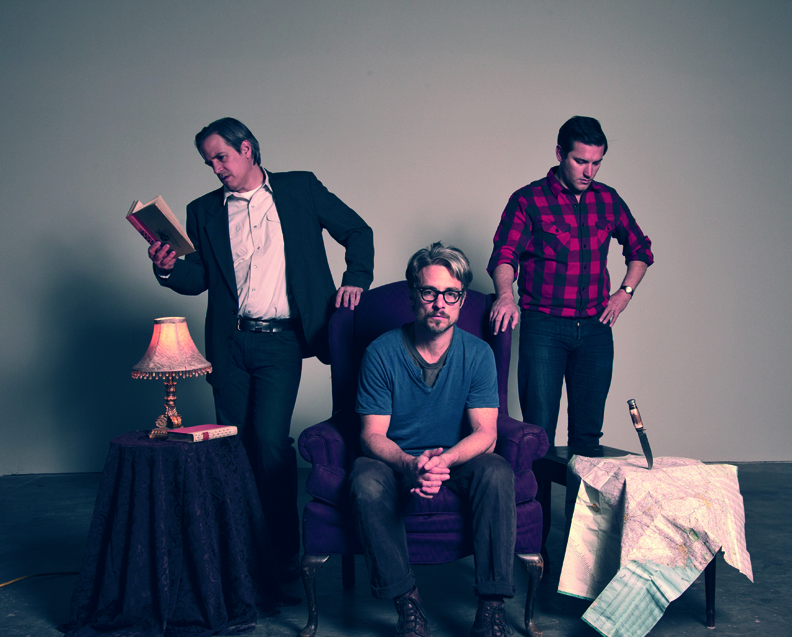Doug Burr with Beau Jennings & the Tigers and Rachel Brashear
Friday, June 26
Blue Note Lounge | Oklahoma City
Violence never stops. Even when it’s out of the headlines (which, regretfully, has become something of an anomaly, especially of late), it’s lurking in the dark corners outside our line of vision. From Biblical times to the present, blood spills out of rebellion, thirst for power, or struggle to survive … an inert quality to mankind that has never been universally tamed. Devout Denton singer-songwriter Doug Burr was struggling with that seedy quality that felt so tantamount to every generation that history has brought with it. But he found at least some semblance of comfort — or maybe just understanding — in French philosopher Rene Girard’s I See Satan Fall Like Lightning, a book he picked up a year after the release of his fourth studio album, O Ye Devastator, in 2010.
“Those were the questions I was asking of life and the world, going back four years ago,” Burr said. “A lot of why I liked the book so much is because it fit right in with those questions that I was asking at the time about violence and how it seems hardwired into our DNA.”
The exploration of cyclical violence, the lack of resolution from each passing battle and war, wove itself into the very foundation of his latest LP, Pale White Dove (out last April), standing in contrast to the symbolism the title suggests. It’s a heavier album in every sense — from the lyrical concepts to the tone and delivery of both — and Burr found himself shifting from a soft-spoken (if candid) songwriter into one with more edge than ever.
“The subject matter was a bit darker,” Burr explained of his evolution. “That’s what separates it from a lot of folky stuff, in general, that darker edge. This material felt like it needed to be louder; there was some vitriol mixed in, and that’s where it wanted to go.”
On the surface, the subject matter couldn’t feel more timely. He sings songs about the Civil War while Confederate flags come down from their hoists across the South, and about death while innocent lives are left as cold bodies on the streets. But really, he argued, this has been the story all along, and maybe we are finally becoming more aware of what has been brewing and erupting.
“It’s always there. Maybe in this country our attention is being drawn to it,” Burr said. “The current events we’re seeing now, those things have sadly been happening all the time. The way we get our news now is finally able to keep pace with it. I’m not sure that it’s sped up or slowed down, but it’s always morphing.”
Fans have responded in kind to Pale White Dove, perhaps searching for the answers that Burr set off to find four years ago. They’ve responded to the lyrics and gravitated towards the darker approach, something he’s sharply tuned over the past half-decade. He works methodically, releasing albums every four years or so — as much as a full-time job and role as husband and father to four children will allow. But well into his 40s, Burr is stepping into a natural role as a mouthpiece of the people, just as his heroes (Bruce Springsteen, Bob Dylan, Johnny Cash) did over time, reinforcing that it’s never too late to change.
“Rather than get stuck in a rut, I was able to push my boundaries a little bit with this album,” he said. “It’s good to be able to do something new.”





